Found injured or sick wildlife?
1) Email us, we will call you if needed
2) Include your location
3) Add a Picture of the Animal
4) call ONE OF OUR "drop-off partnerS"
We have housing and resources available To Care for:
Native small mammals & waterbirds & REPTILES.
This excludes songbirds.
WE can only accept species for which we are permitted.

HAVE A CRITICAL WILDLIFE EMERGENCY?
Call the RAPP hotline:
1.877.952.7277
For info and reporting on wildlife emergencies involving public safety
(by Conservation Services BC).

WANT TO ARRANGE A WILDLIFE DROP-OFF?
Call one of our veterinary partners:
Our veterinary partner clinics are available to receive pre-arranged wildlife drop-offs during their respective business hours.
See vet contact list below:

HAVE A GENERAL WILDLIFE QUESTION?
Call the BC SPCA hotline:
1.855.622.7722
For info on different species, conflict situations, general urban wildlife questions
(wild and domestic animal questions).
Any drop-offs to our partners need to be confirmed by us first!
STRICTLY
NO DIRECT DROP-OFFS AT OUR CARE FACILITY in Summerland
COMMON Okanagan WILDLIFE Questions
Mammals:
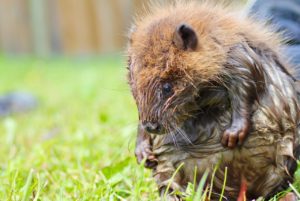
Beavers
Beavers and other semi-aquatic mammals are complex species to rehabilitate due to their unique social and health needs. Interior Wildlife is one of the few rehabilitation centers in BC equipped with an aquatic facility to house and care for mammals year-round (such as beaver or otter).
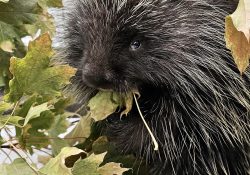
Porcupines
Another local large rodent is the porcupine. A very peaceful and slow moving herbivore living in our forested neighbourhood, Okanagan porcupines (adult or juvenile) commonly get injured on roads. Please contact us if you believe that a porcupine needs human care. They have 30.000 reasons for you to not touch them!
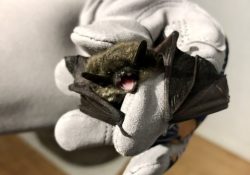
Bats
Little brown bats and silver-haired bats are common native bat species to the Okanagan and we have several resident colonies living in our area. Young grounded bat pups may be learning how to fly and may have difficulty taking flight off the ground. Usually they crawl to a vertical surface, to be able to take flight, usually when it gets dark outside.
If you see a grounded bat or a bleeding bat, a bat with a broken bone or torn wing membrane, please call the Okanagan branch of BCbats program: 1-855-922-2287 (ext 13) and obtain further directions.
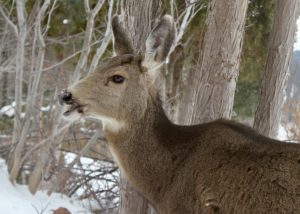
Deer
Please know, that injured ADULT deer are never candidates for rehabilitation. This is due to their high stress levels in captivity (and a fatal condition „capture myopathy“) - they are very likely to develop this life-threatening issue when handled or captured for care.
Read more in our Wildlife FAQs
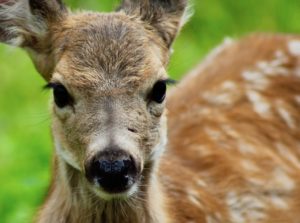
Fawns
Deer fawns are left alone (for 6-8 hrs/day) by the doe for the first 2 wks of their life. Most fawns are intentionally left (or hidden from predators) by their mothers who are foraging for food. She returns to feed her fawn a few times a day (usually at dusk & dawn). Disease transfer amongst deer in our valley is a concern, which led to the local authorities prohibiting rehabilitation for deer fawns (deer of any age are susceptible to "Chronic Wasting Disease").
Read more in our Wildlife FAQs

Raccoons
Rehabilitation and release of raccoons is banned in the Interior of BC by the local government authorities.
Currently, options to help accidentally orphaned or injured raccoons are:
1. To reunite mother & young (give adult female access to babies). She will "relocate" her nest to an alternative spot close-by.
2. To evict and exclude adult raccoons that may be looking at nesting in your attic and raising their young in a human house.
Read more in our Wildlife FAQs
birds:
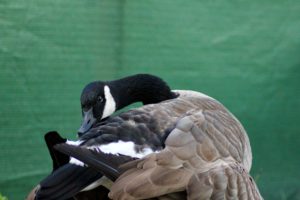
Geese
Waterfowl such as native Canada Geese often get leg or wing injuries. Note that they don’t always show signs of bird flu but can still infect other birds and die suddenly.
If you have found an injured goose or gosling, email us first, as we are limited to how many we can take in due to strict bird flu biosecurity protocols.
Click on the picture above to read more about our
Wildlife FAQs
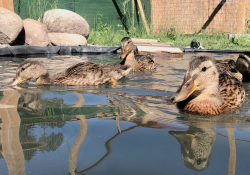
Ducks
There are over 20 types of ducks in BC. In the winter some are found injured by human activity. Accidents happen. In spring and summer we often see ducklings separated from their parents.
Watch the duckling(s) for at least 1 day to determine if truly orphaned, did you see the adult being killed? Give it some space.
If a duckling is injured (e.g. bleeding or laying flat on ground), please collect it and email us for further directions:
info@interiorwildlife.ca
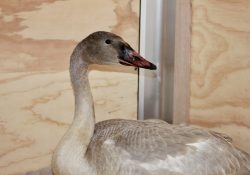
Swans
Often waterfowl such as native Trumpeter Swans get leg or wing injuries. Note that they don’t always show signs of bird flu but can still infect other birds and die suddenly.
If you have found an injured swan, email us first, as we need to ensure its capture will be done safely for humans & animals.
Click on the picture above to read more about our
Wildlife FAQ
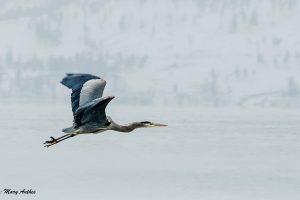
Herons
Often wading birds such as native Grey or Blue Herons get leg or wing injuries.
If you have found an injured heron, email us first, as we are limited to how many we can take in due to very specialized housing needs.
Click on the picture above to read more about our
Wildlife FAQs
Photo: IWRS volunteer Mary Anthes
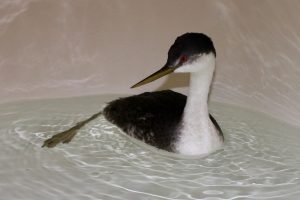
Grebes
Western and horned grebes can get grounded/found off water (esp. in the winter). They are diving birds that have to live on the water due to their unique physiology. If you find a grebe on land, please contact us as we are limited to how many we can house "on water" in our deep diving pools.
Please collect it and email us for further directions:
info@interiorwildlife.ca
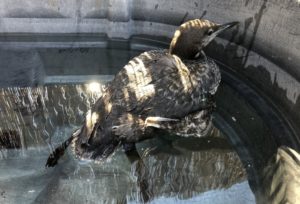
Loons
Often diving birds such as loons get foot injuries if they spend any time on land by accident.
If you have found a grounded loon off the water, please collect it and email us for further directions:
info@interiorwildlife.ca
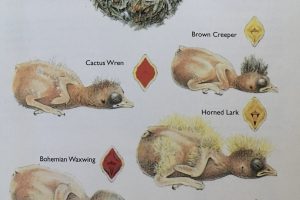
Songbirds
Songbirds that are not fully feathered need their parents to survive. If you find a naked baby bird on the ground, the best course of action is to put it with the nest up off the ground again. Choose a location close to where you’ve found it (within earshot distance), affix it on a post or a branch away from access by cats.
Trust that the parents will come and continue to feed their offspring.
Alternatively, you can also use a berry basket and line it with grass, if the nest is too broken or can’t be zip-tied to anything.
What else can you do?
If there are cats outside in your neighbourhood, please do not attract birds into your yard with bird feeders, bird baths or nesting boxes in the springtime!
Please note: Interior Wildlife does NOT rehabilitate songbirds in Summerland
Read more in our Wildlife FAQs
Picture source: "Nests, Eggs and Nestlings of North American Birds" by Baicich & Harrison
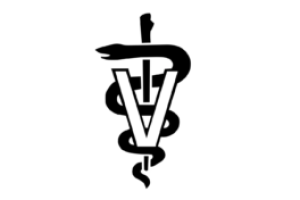
Sick Aquatic Birds & Avian Influenza (HPAI)
To report aquatic birds (sea gulls, geese, swans, ducks) with neurological symptoms (strange behaviour such as falling over or circling, without obvious injury)
please call: 1-866-431-2473
Speak with Environment Canada, responsible for migratory birds.
Environment Canada officers give priority to reports of 3 or more dead birds (any avian species) found in the same geographic location. Report your find, chances are there are more in the same area. If you see a bird displaying any strange behaviours, assume it has been infected and keep your distance unless instructed otherwise by a veterinary or wildlife professional.
Read more in our Found a dead wild animal?
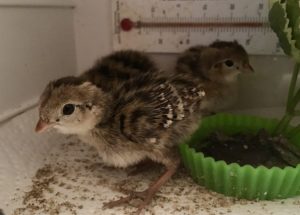
California Quail
If you find a California quail chick by itself, place the chick in a shady spot (preferably a bush) within earshot of where you see or hear adult quail.
Quail chicks do not do well in captivity as they are a high-stress species and success rate for survival is drastically reduced despite high quality care with specialized insect-diet and incubators.
If the chick has not moved within 24hrs, is wet or covered in blood, please email us for further directions:
info@interiorwildlife.ca
REPTILES:
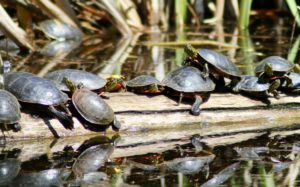
Turtles
Our native painted turtles often get injured by unsupervised dogs or hit by cars. If you have found an injured painted turtle, please email us (remember to include a picture of it's underside for species identification)
– "Red-eared Sliders" (are an invasive, they have a yellow plastron/belly).
– Native "Painted Turtles" have vibrant red colour on their plastron/belly.
More info on our valley's turtle's at: Okanagan Similkameen Stewardship (www.osstewardship.ca/turtles)
Click on the picture above to read more about our
Wildlife FAQs
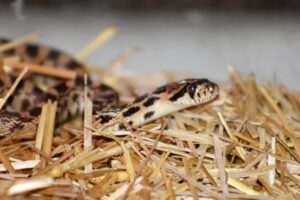
Snakes
We have 7 species of snakes in the Okanagan. They can get injured by unsupervised dogs, entangled in garden nets or woken up from their hibernaculum/nest. If you have found an injured native snake,
please email us before touching a snake
(remember to include a picture of it for species identification)
Picture source and more info on our valley's snakes at: Okanagan Similkameen Stewardship (www.osstewardship.ca/snakes)
Click on the picture above to read more about how to live safely with snakes.
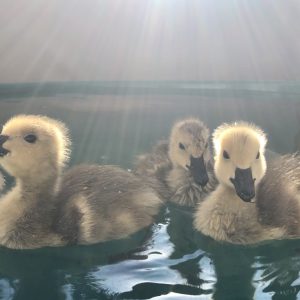
FOR THE ANIMALS:
All wildlife require specialized care if they are to successfully recover and be released back into the wild. As well, stress and shock from improper handling are major killers, and some injured and stressed animals can cause injuries to handlers. Survival depends on prompt and knowledgeable response. Never attempt to raise wildlife yourself. It is illegal and to keep wild animals in captivity for more than 24hrs without a permit.
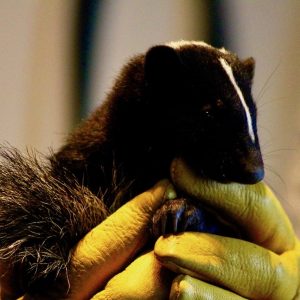
TO PROTECT YOURSELF:
To ensure the safety and health of people and wildlife, members of the public should generally avoid handling wildlife uninstructed. Wild animals can inflict serious injury and can be carriers of disease and parasites that are transmissible to humans and domestic animals. You should not attempt to assist a sick wild animal if there is a risk to personal safety or the safety of others.
How to Donate
IWRS is 100% volunteer-run. We are funded solely by private donations and sponsorships. As as registered charity, we can provide tax receipts for your donation!
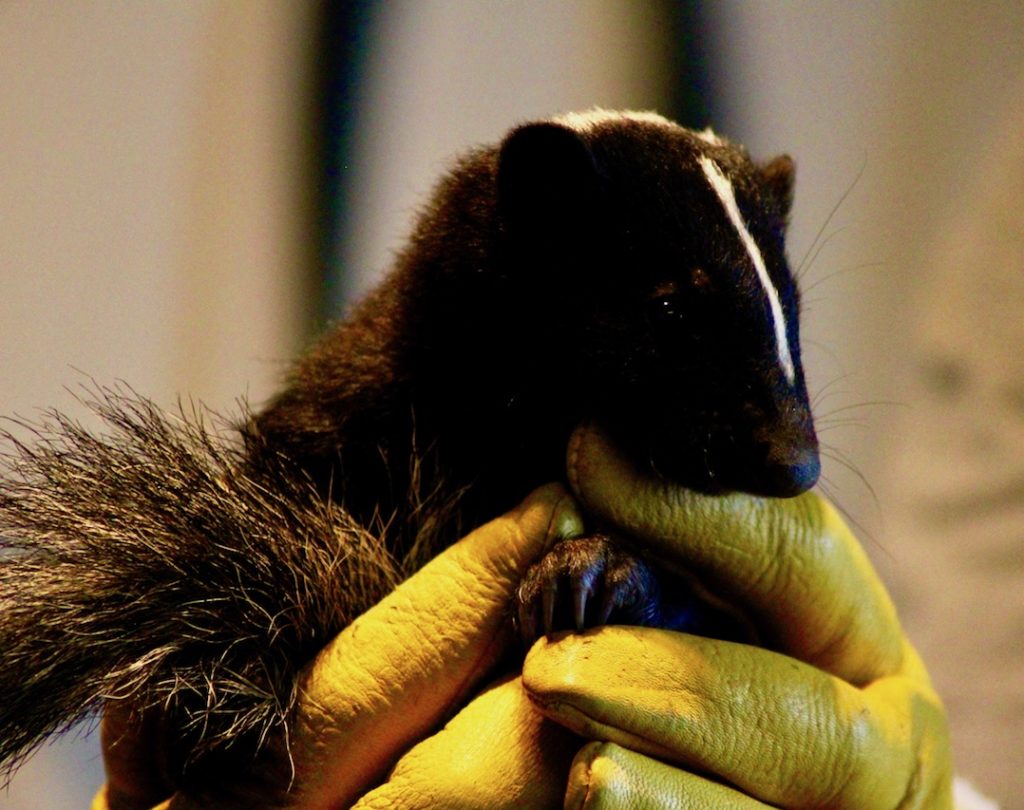
Donate online
E-transfer us directly: donate@interiorwildlife.ca
or by credit card via Paypal
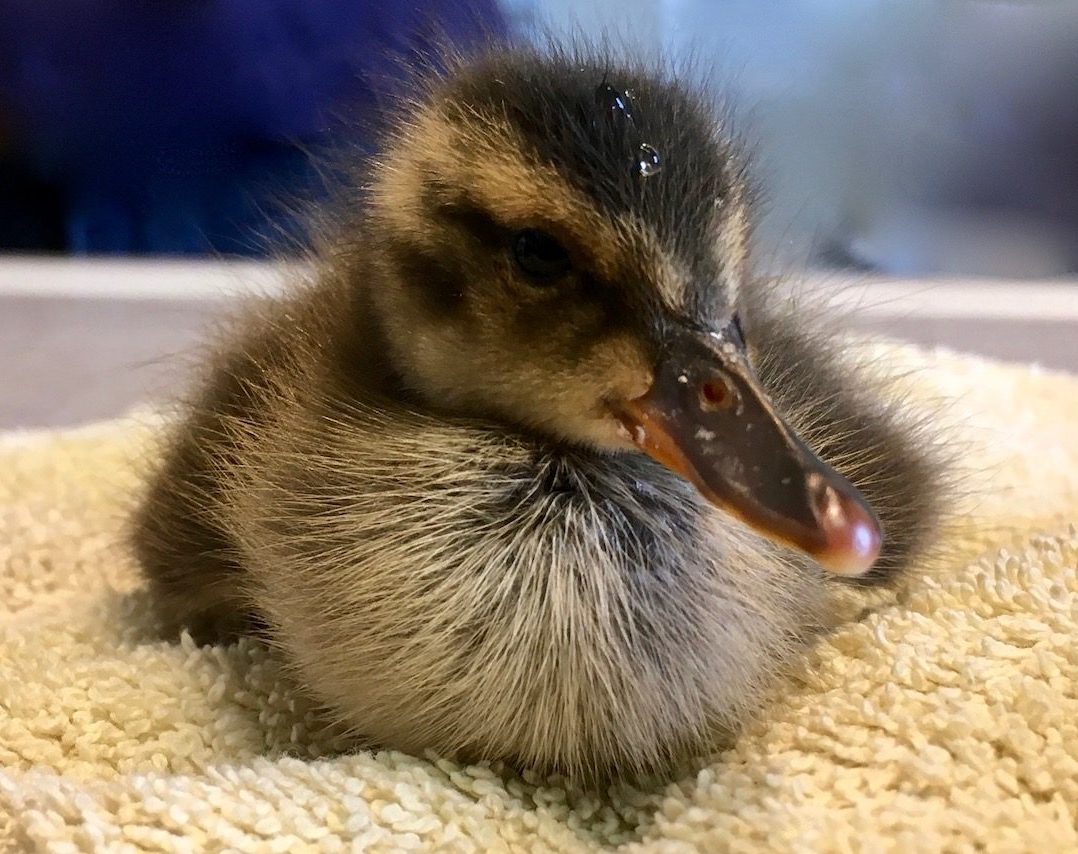
Mail a cheque
Office address:
PO Box 988
V0H1Z0, Summerland,
BC, Canada
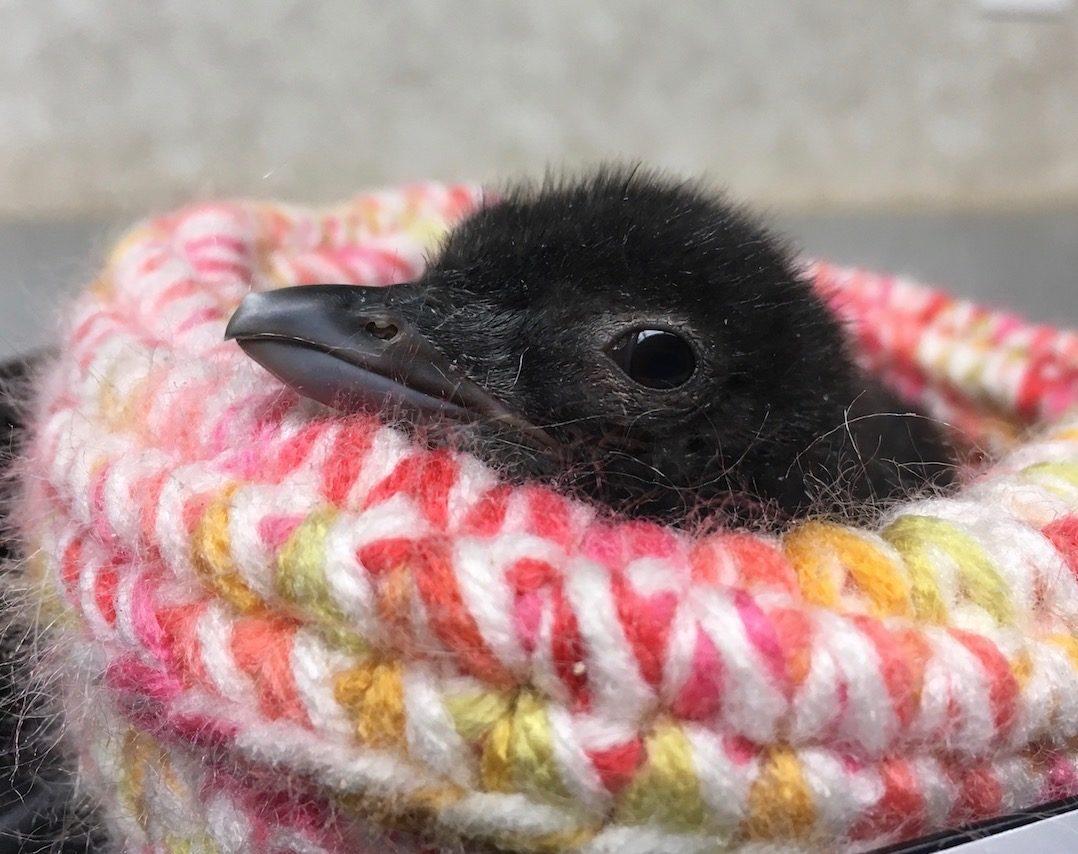
Via Canada Helps
Click above or below to get re-directed to our charity account with CanadaHelps.org
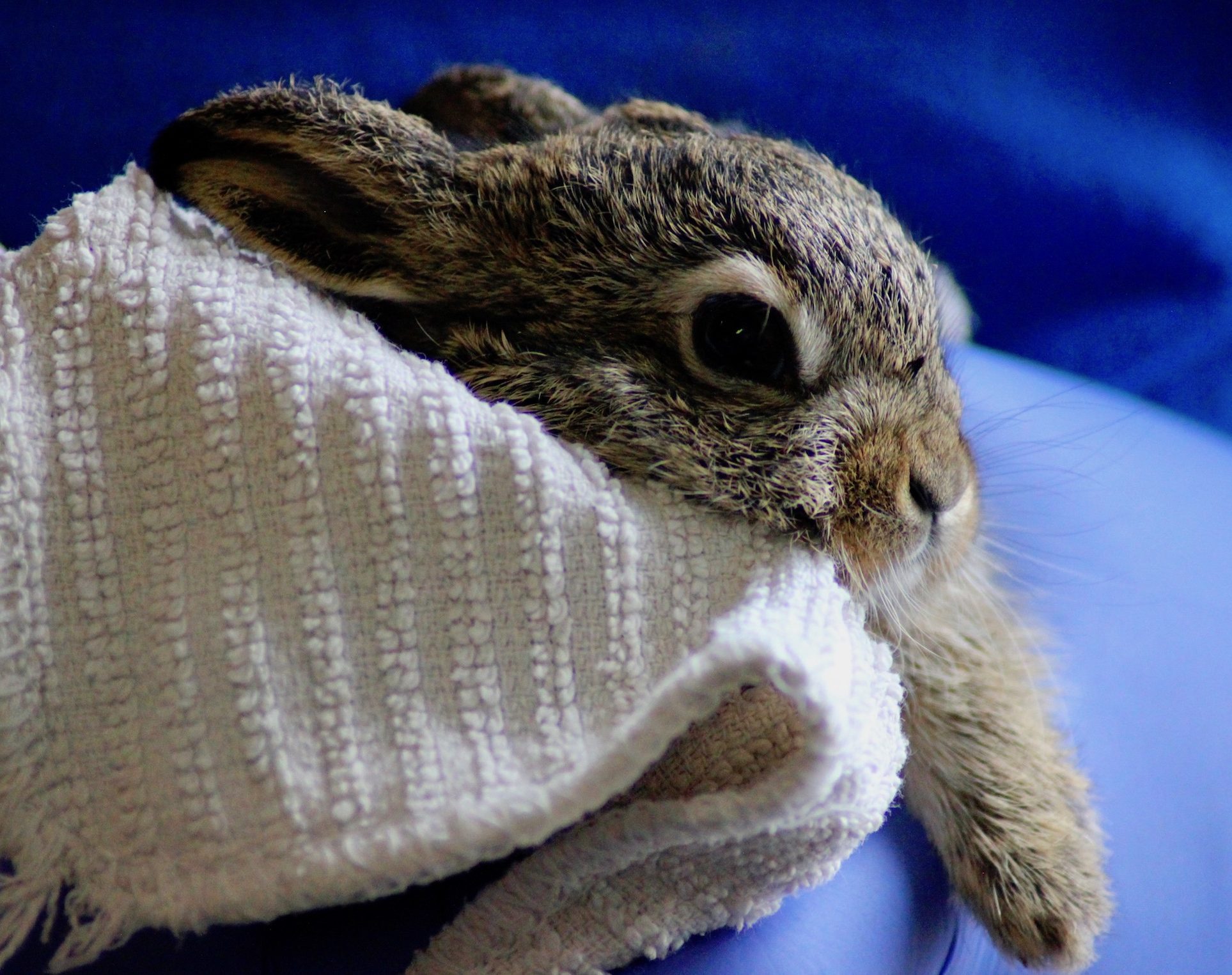
Wish Lists
Click on the picture above
and view our in-kind and gift wishes

